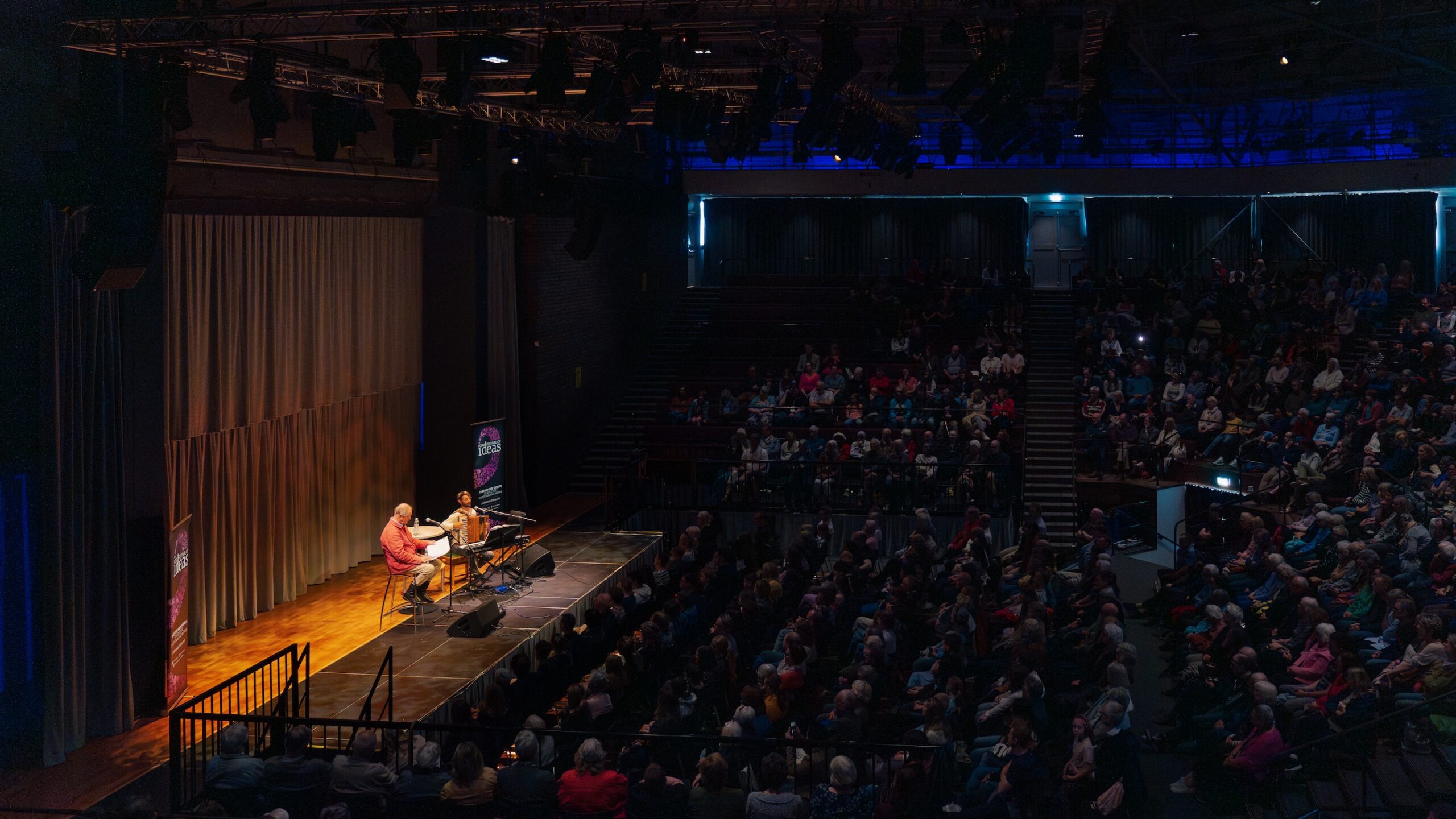It’s fair to say that the university sector feels like it has been utterly battered by a whole host of prevailing forces: cost of living pressures, adverse international student policies from the previous government that blew gaping holes in projected income streams, a constant drip feed of public and media narratives with accusations of “wokery” and a perceptible sense that universities are “not worth it”, are elitist and exclusive, are “madrassas of left wing ideology” – and so on.
It would be tempting to hope that things can indeed only get better. That a Labour government will be preternaturally more sympathetic and thus proactively prioritise solving our myriad funding issues. While sympathy has been evinced, there is every chance that the profound problems Labour has inherited in respect of healthcare, schools, inequality, poverty and stark economic imbalances between north and south will draw far more attention and backing for reform.
So if we want the public – that is, the taxpayer – to understand the value of universities to society then we need as a sector to step up to the plate in very different ways. And it starts with exciting and enthusing our local communities about what we actually do, and the very tangible benefit universities deliver, beyond bandying around unfathomable (to many) economic statistics about gross value added.
It’s a platform
As one example, for the past 13 years the University of York has created, led and coordinated the York Festival of Ideas. Starting in 2011 with just 24 events and three city partners, it has now grown to a festival that harnesses the collective firepower (and audiences) of more than 150 programme partners, with a programme in June 2024 that delivered more than 230 free events across multiple physical locations as well as a thriving online programme.
Quite simply the festival, facilitated by the university, is the largest cultural and social collaboration in York providing a platform to showcase a range of programme partners’ immensely valuable work in our community.
We manage to engage audiences of all ages, backgrounds and interests because of a core principle to deliver as much of the festival for free, and to work collaboratively with donors and partners. This year’s programme spanned the gamut from Michael Morpurgo delivering an incredibly moving performance of War Horse to more than 1000 people, to workshops with kids in areas of York that, at best, are aware of the university’s existence, but likely retain the idea that universities having nothing to do with their daily lives, to a range of our academics delivering “flash talks” about their work in York Explore library on a Sunday afternoon.
We also use the festival to raise awareness of university initiatives such as BioYorkshire, a partnership with FERA Science and Askham Bryan College aimed at developing the first UK bioscience cluster with a focus on bio-based supplies of fuels, chemicals and materials and collaboration with our region’s farmers and agricultural industries and the opportunity to drive economic growth working with our new mayor.
Where audiences are
This year’s festival impact report shows just how hungry audiences are to understand the complex, uncertain and sometimes polarised world we’re now living in. Our overall audience across in person, online and watch again has, at the time of writing, increased by just over 50 per cent compared to last year.
This says to me that audiences do want to engage with universities – but we have to do it on their terms, speak their language, and find creative ways of explaining how even the most seemingly esoteric research has the potential for real world impacts.
And we need to take our stories to where audiences who do not currently engage with us are – libraries, schools, community centres, parks and streets. They won’t necessarily come to us.
In doing so we learn as much from our audiences as they may learn from us. So often the very people who have the most acute experiences to share when exploring complex issues like poverty, healthcare, conflict and impacts of technology, are priced out of events exploring these issues.
Convene, be seen
I’ve lost count of the number of times people will ask “what can I do?” Perhaps the most compelling power universities possess is their convening power to facilitate exploration, present facts, and explore solutions in a safe environment.
In a world of competing priorities and scarce resources we bear the responsibility to continually demonstrate our value to the people who live in our communities. Trust, once lost, is incredibly difficult to regain.
This government has made clear that there will be a focus on locally led economic growth where – to quote the Prime Minister – communities have “skin in the game.” This should offer a major chance for universities to reset their relationships with their local communities, and it starts with accessible and meaningful conversations with those communities.




